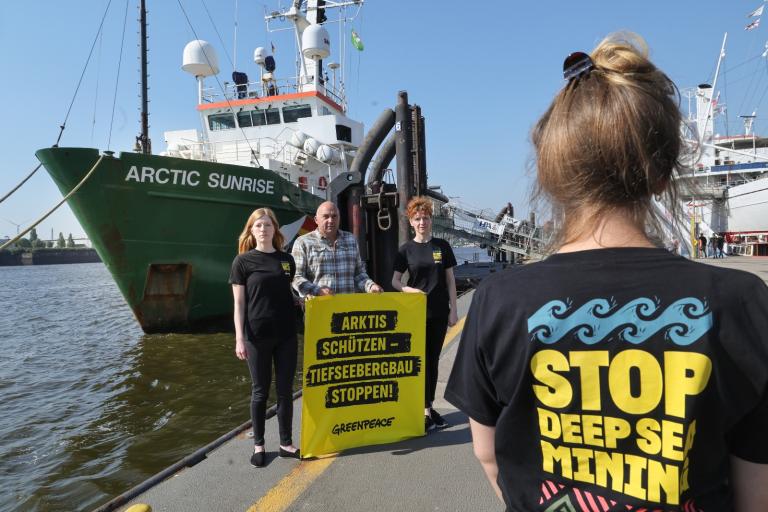Congressman Jim McDermott (D-Wash.) on the radio last week:
You have to believe in a tooth fairy to believe that we can regulate a cap-and-trade system.
Say what?! That’s an odd thing to say. Cap and trade markets have been in existence for well over a decade — and the programs have worked quite well.
There are already two operational carbon cap and trade systems: the EU’s ETS and the northeastern states RGGI program. Neither system has exhibited evidence of gaming or market manipulation. (The previous problems with the ETS were much hyped by carbon-pricing opponents, but these were largely fixable problem related to the distribution of carbon permits, not lack of regulatory oversight.) Moreover, there have been a half dozen or so cap and trade programs for other air pollutants in the U.S. over the last couple of decades. Like you would expect in any regulatory program, there have been occasional and minor hiccups, but what cap and trade is best known for is its relative ease, efficiency, and cost-effectiveness (PDF).
I’m not trying to pick on Congressman McDermott, but to address what seems to an intellectual error cropping up in some circles. It’s an anti-market fervor that’s unhelpfully deployed against cap and trade — and it’s a bit bizarre.
Consider that when we discovered e. coli in U.S. spinach we invested in more vigilant food safety. We didn’t ban vegetables! It’s just the same for cap and trade. We prevent carbon trading manipulation through regulation and oversight, not by pretending that markets are inherently bad.
This post originally appeared at Sightline’s Daily Score blog.



